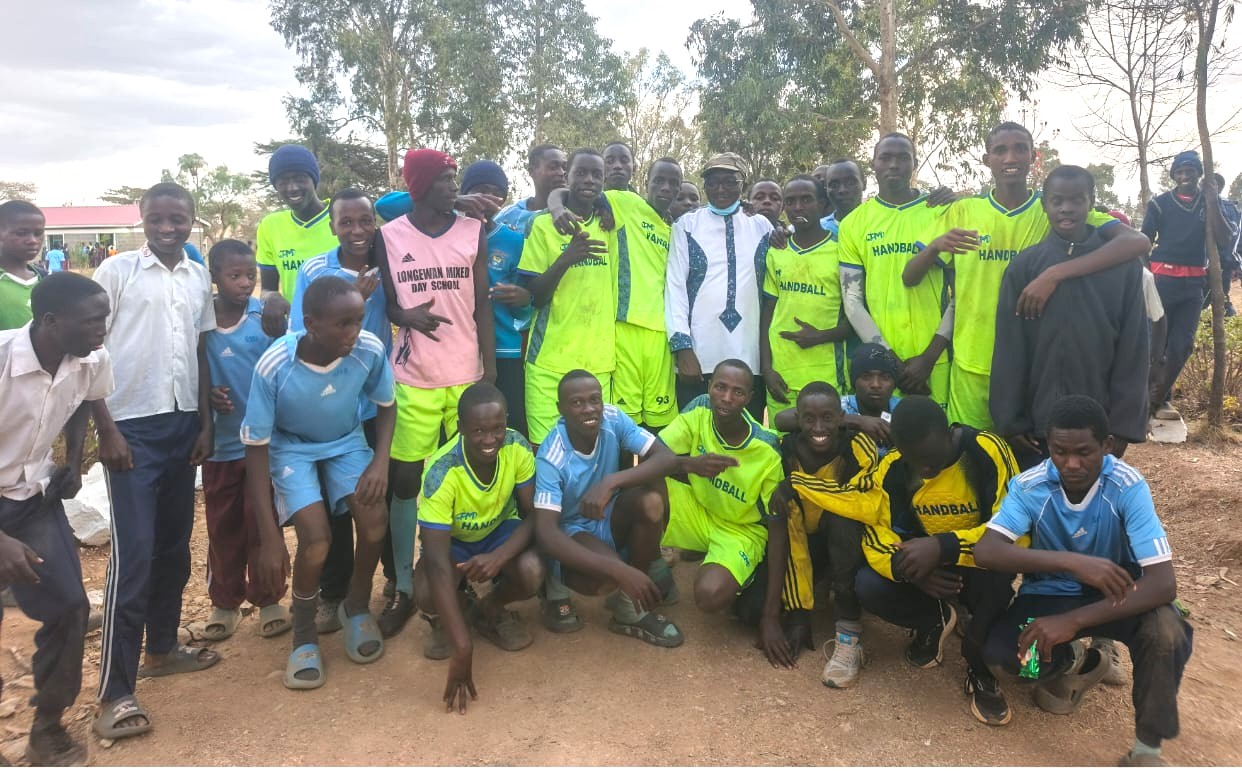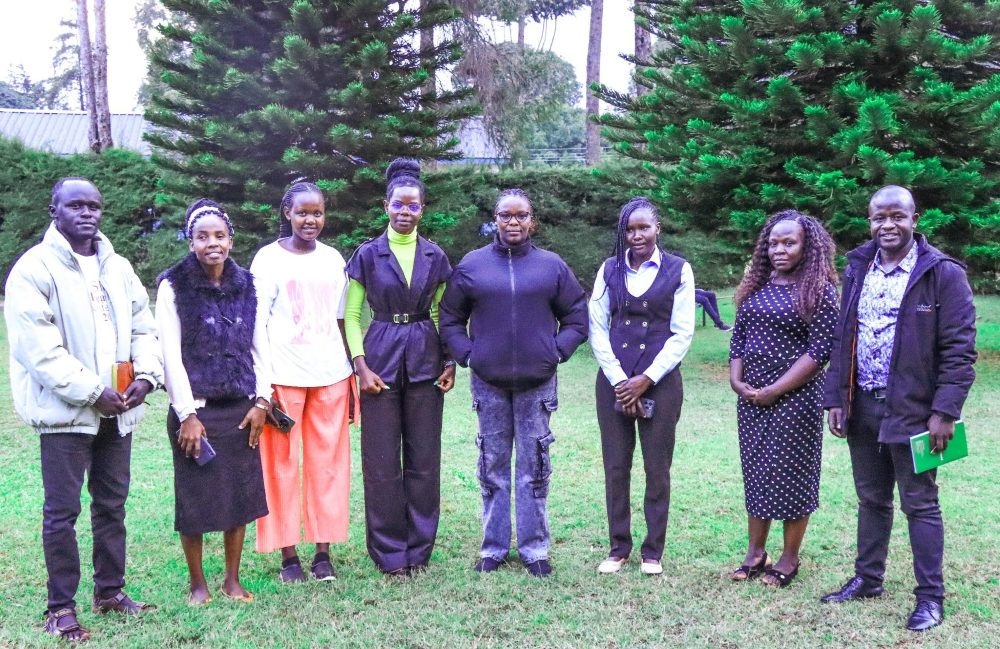Proverbs 11:14 says, “Where there is no counsel, people fall, but in the multitude of counsellors, there is safety.” In Proverbs 15:22, we also read, “Without counsel, plans fail, but with many advisers, they succeed.”
Peers are people of equal standing. In most cases, at the same age, or stage. Peers share same social status. Therefore, the collocation of “Peer” and “Counselling” means that it is a type of counselling occurring among peers. Ideally, counselling takes place when counsellors help clients to make decisions or solve problems while understanding facts and emotions involved.
Counselling goes beyond good guidance. The latter occurs at a sitting. Whereas the former is an interactive process achieved through special kind of relationship between counsellor and client. The counsellor should employ specific skills to prop up the client. Peer Counsellors listen aptly to clients by employing useful skills accepted in Best Counselling Practices.
They help other students to love learning by championing for change of behavior and attitude. Therefore, institutions should have strong departments in charge of Guidance and Counselling. Then, teachers-counsellors should devolve their roles by forming formidable teams of Peer Counsellors; trained and empowered.
ALSO READ:
Kwanza MP applauded for the promotion of education in Trans Nzoia
Peer Counsellors should ascend to their royal roles with real deal of zeal and incisive enthusiasm. Peer Counsellors should link other students to teacher-counsellors in the institution. Then, act as real role models and mentors in school.
Peer Counsellors should understand three Stages in Peer Counselling. Starting with initial stage, where counsellors and clients create rapport. Then, the counsellor strives to understand the problem by listening keenly to the client using certain core-conditions and competencies. The counsellor assists the client in setting goals. They work and walk together.
This leads to action stage, which is geared towards change. The counsellor offers psycho-social-support to the client; through exploration of new behavior. There must be evaluation of effectiveness. If that works, counselling closes. Peer Counsellors should educate peers on several issues such as useful study skills, healthy relationships, stress management, good stewardship of time, management of pocket money, wise use of media, career choices, et cetera.
ALSO READ:
KNUT faults capitation disbursement, urges gov’t to prioritize education
It behooves Peer Counsellors to provide Psychological First Aid (PFA). They should also create awareness on issues like drugs, early pregnancy, et cetera. Then, schools should have robust Peer Counsellors programmes, which include: talk shows and public lectures on pertinent issues, splashing educative writings, quotes and chats on notice boards. Peer Counsellors can also publish educative, newsletters, handouts and magazines. Peer Counsellors should champion for charitable activities in and out of school. More importantly, there should be more group and one-on-one counselling sessions in school.
On Group Counselling, there should be thorough conceptualization of group dynamics. The Complete Facilitator’s Handbook says more about group dynamics as forming, informing, storming, norming, performing, transforming and mourning.
On Group Counselling, Peer Counsellors should know how to conduct student-centred class conferences, club gatherings, house meetings, religious convocations and school assemblies. Peer Counsellors should know Crisis Counselling. They should know what to do after occurrence of a debacle. They should know how to assist fellow students after a strike or unrest.
ALSO READ:
KUPPET to hold countrywide vigils in honour of slain teacher Albert Ojwa’ng
They should know how to handle students who have suffered sexual violence and disastrous occurrences like flash floods. They should attend to other students who have reported to school after suspension.
Peer Counsellors should have comely qualities. In the giant list of attributes, they should be God fearing, available, responsible, reliable, approachable, tactful, understanding, open-minded, assertive, creative and innovative. Above all, they should be people who are pious, prayerful, wise, and not otherwise. Peer Counsellors should wield social skills such as politeness, gentleness, kindness, etiquette, altruism and compassion.
For them to establish good rapport with other students, they should be people with pleasant personalities — a smile and appropriate tone of voice – are worth it all. Effective Peer Counsellors focus on ethical issues and Basic Helping Skills. Geoffrey Wango and Elijah Mungai writes about it in their heroic book titled Counselling in the School: A handbook for Teachers. On ethics, they must be competent counsellors. In their dealings with other peers, they should practice high levels of confidentiality, beneficence, fidelity and fairness.
ALSO READ:
Public Petitions Committee to engage TSC on criteria for designating hardship zones
Peer counselling cannot occur when counsellors have paucity or scarcity of useful skills. I define skills as competencies needed in performing tasks. Counselling skills can be categorised into three: listening, attending, probing and reflecting or responding skills. Pertaining listening skills, Peer Counsellors try to understand the clients’ verbal and non-verbal messages.
The ultimate goal is to listen beyond words and deeds. Counsellors who are skillful listeners have mastered the art of picking clients’ experiences, behaviours and emotions in moments of emotive or candid conversations. Attending skills means being there for clients — giving them undivided attention and concentration. The counsellors must welcome the client, exchange pleasantries, and show some kindness through symbolic nourishment.
The counsellor should attend to clients physically and psychologically: By putting premium on the SOLER Technique — sitting squarely, Open posture, leaning towards the client, Eye contact and Relaxation.
ALSO READ:
President Ruto condemns Albert Ojwang’s death, calls for swift probe and justice
In The Kenya Scouts Association Training Manual for Peer Educators, we read that counsellors should focus on the acronym GATHER. ‘G’ stands for Greet the client, for it is the best way to establish rapport. ‘A’ stands for Ask, this is how the counsellor secures sufficient information from the client. ‘T’ connotes tell, where the counsellor evinces competence by providing useful information. ‘H’ means Help, and here counsellor understands that the whole idea of counselling is to give the client all forms of support. ‘E’ reminds the counsellor to Explain stuff when need be. Lastly, ‘R’ can mean return or Refer.
Finally, through proper structuring, the client can return for subsequent sessions. In case the client needs specialized information, the counsellor can refer him or her to a different expert. In this context, Peer Counsellors can refer students to teacher-counsellors in the school. Reflecting skills help counsellors to respond to clients.
The aim is to communicate what has been understood, help the client to fully open up and to clarify what the client has expressed through reflection of content or feelings. Reflection works in tandem with empathy, genuineness, Unconditional Positive Regard (UPR), re-stating, summarization and re-phrasing. Probing skills encapsulates minimal prompts, questioning, confrontation, concreteness and self-disclosure. Other skills are silence, observation, symbolic nourishment and structuring.
By Victor Ochieng’
The writer trains Peer Counsellors in schools. vochieng.90@gmail.com. 0704420232
You can also follow our social media pages on Twitter: Education News KE and Facebook: Education News Newspaper for timely updates.
>>> Click here to stay up-to-date with trending regional stories
>>> Click here to read more informed opinions on the country’s education landscape






